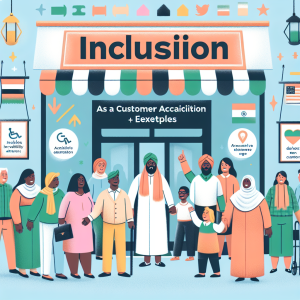What’s in It for Us? Journalists Question Content Deals with OpenAI
The emergence of generative AI, with ChatGPT as its poster child, has sent shockwaves through various industries, and journalism is no exception. This powerful technology can churn out articles, social media posts, and even poetry in the blink of an eye. However, its arrival has sparked a crucial debate: What happens when newsrooms begin utilizing AI not just as a tool, but as a content creator?
A New Era of Content Creation, or a Threat to Journalism?
Recent partnerships between OpenAI and major publications like The Atlantic and Axios have raised eyebrows. These deals grant OpenAI access to archives and content libraries for training their AI models. While the financial details remain largely undisclosed, the potential benefits for OpenAI are clear: vast datasets to further refine their language models.
But what about the journalists?
Many are voicing concerns about job security and the potential devaluation of their skills. After all, if a machine can produce seemingly passable content, what’s stopping publications from replacing human writers altogether?
Transparency and Ethical Considerations Take Center Stage
Beyond the immediate impact on jobs, ethical concerns loom large. The use of AI-generated content raises questions about plagiarism, bias in algorithms, and the very essence of journalistic integrity. If an AI generates a piece based on existing content, how do we ensure proper attribution and avoid plagiarism? Moreover, how do we address the inherent biases present in the data used to train these models, biases that can perpetuate harmful stereotypes and misinformation?
Navigating the Uncertain Future of Journalism
The integration of AI into journalism is still in its early stages, and the path forward remains unclear. One thing is certain: open dialogue and transparency are crucial. Newsrooms must be upfront about their use of AI and establish clear ethical guidelines for its implementation.
This technology, while disruptive, also presents an opportunity. By embracing AI as a tool for research, fact-checking, and even generating story ideas, journalists can focus on the core principles of their craft: investigative reporting, in-depth analysis, and crafting compelling narratives that resonate with readers. Ultimately, the future of journalism hinges on striking a balance between leveraging the capabilities of AI and preserving the irreplaceable human element at the heart of storytelling.







